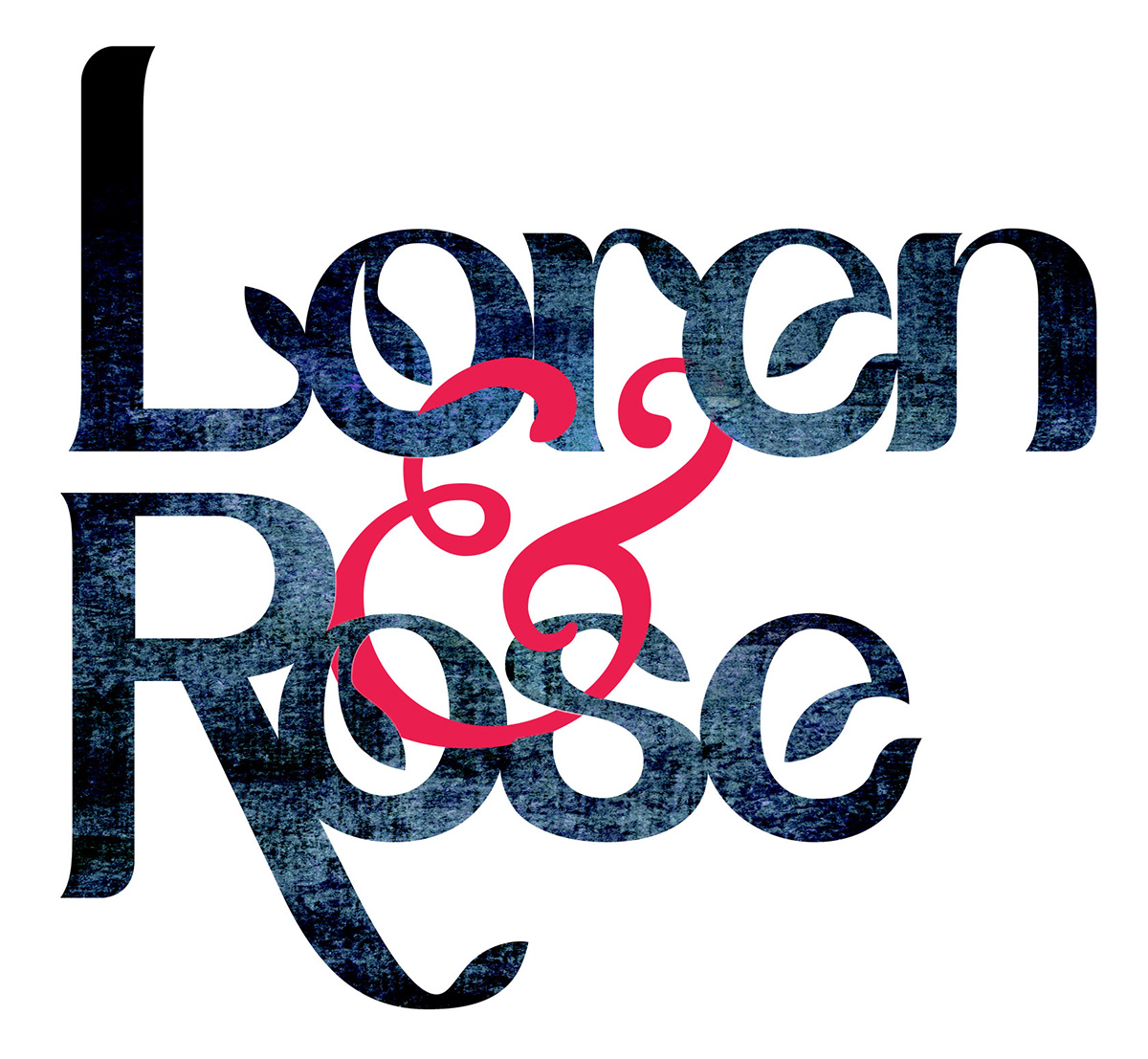From the Filmmaker
One of the secret joys of making films is listening to actors — many of whom have lived passionate and offbeat lives — share their stories when the cameras aren’t rolling. The early drafts of Loren & Rose started as monologues told by a fictional actress mentor, a type of Scheherazade who could spin tales of spiced foreign lands and honeyed liaisons conjured from a combination of her memory and imagination.
As Rose herself came more into focus, her rich descriptions of art, music, food and travel became windows into a complicated past and unresolved present. And so, Loren entered as both the willing recipient of her experience and wisdom but also as the unconditional gaze that helps restore Rose’s sense of herself.
As the writing continued, I became more engaged with the questions of the relationship between mentors and students. What do they give to each other? Why are these friendships so potent and profound? How is this interaction the same as — and yet so different from — other types of friendships or family relationships? Loren & Rose depicts what I think is so common to those engaged in artistic pursuits — the gifts our muses give us, the legacies that the old pass to the young, and the circular nature of teacher and student.
Writing the screenplay took approximately three years, a constant process of pruning and perfecting the threads that link the conversation. Throughout, I lived the question: How do I keep this film — so static in nature and outwardly plotless — engaging for an audience? I relied on embedding the film with subtle conflicts between my main characters, and pruning the dialogue so carefully that it never wandered or felt unconnected to the DNA of the story of this relationship. For that reason, many of my favorite passages (in terms of the written word) didn’t make it to the shooting script, because they didn’t connect directly to the emotional arcs of the characters. It was essential, as well, that the language be constantly vibrant — one must “get lost in the sounds of the words,” as Rose says.
The film is deliberately framed as a memory play, and the aesthetic choices — the mystical look and feel of the restaurant, the constant play against mirrors, the smoky score tinged with eastern vibes — are meant to support this conceit. Towards the end of the movie, Loren says that Rose has grown “more magical in my memory, as time goes by.” It was important that there be a sense throughout that this is “how Loren is remembering things” — it was never the intention for the film to play as “realistic.” It could even be possible that Loren created Rose in his imagination, the figure who would allow him to fully believe in his artistry.
As the story unfolds, the audience is meant to feel how Loren and Rose become increasingly comfortable and honest with each other — their defenses, so present at the beginning — have melted away by their final moments, with each act conveying the feel and function of the different stages of their friendship. The hopeful spring green brightness of the first act grows into the warm late afternoon yellow of part two, and then evolves into the nighttime purplish of part three suggesting a growing spiritual awareness and a sense of impending loss. Similarly, the positioning of the actors in their chairs (dead-on by the end, eye-to-eye) was carefully considered. All of this was in service of a story that while static in setting, covers a vast emotional and philosophical expanse.
